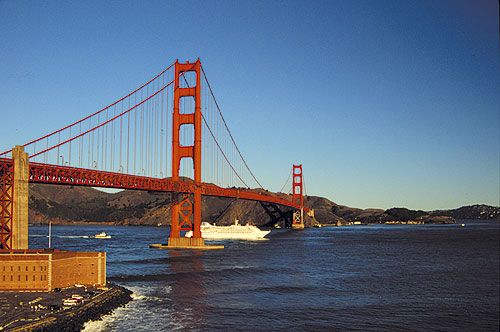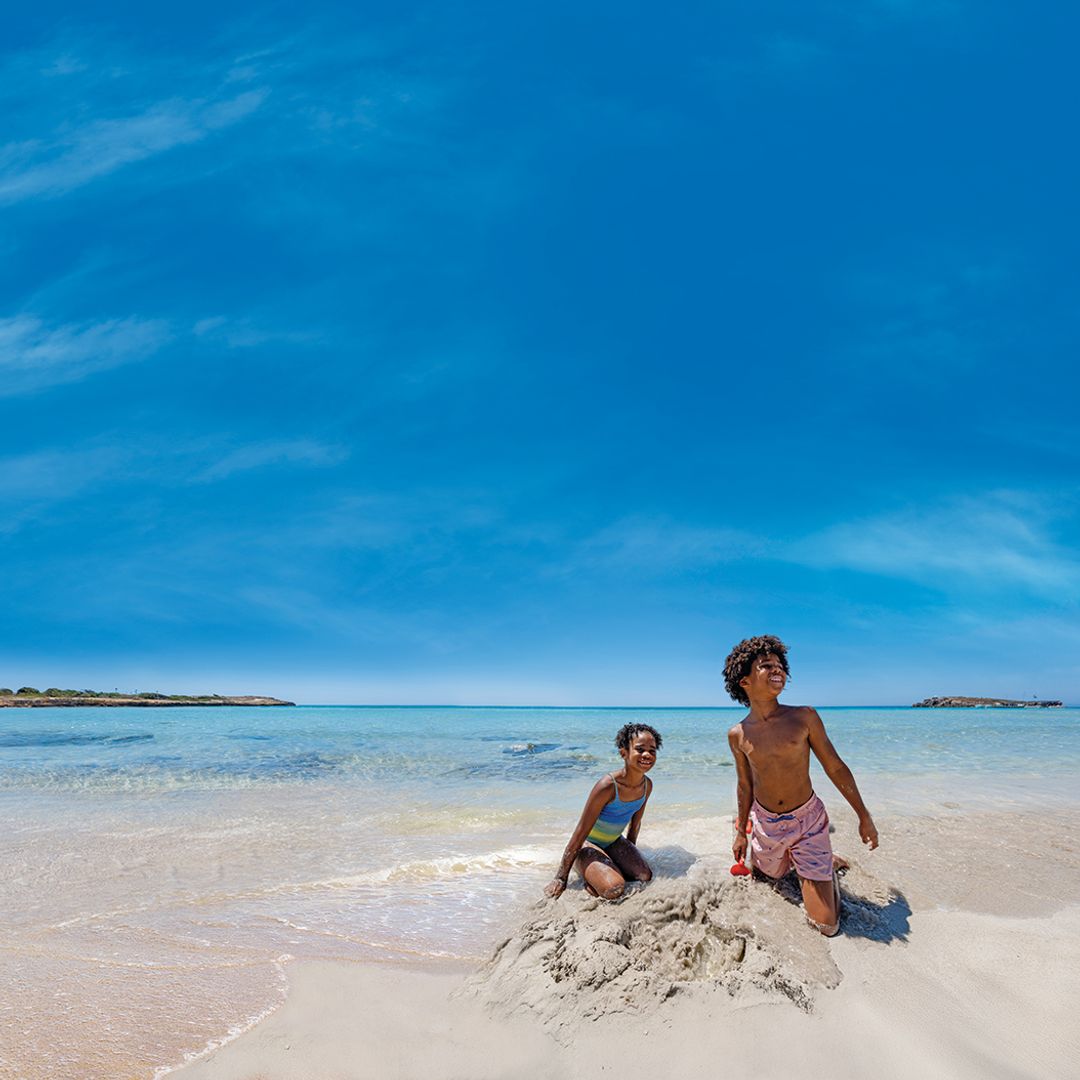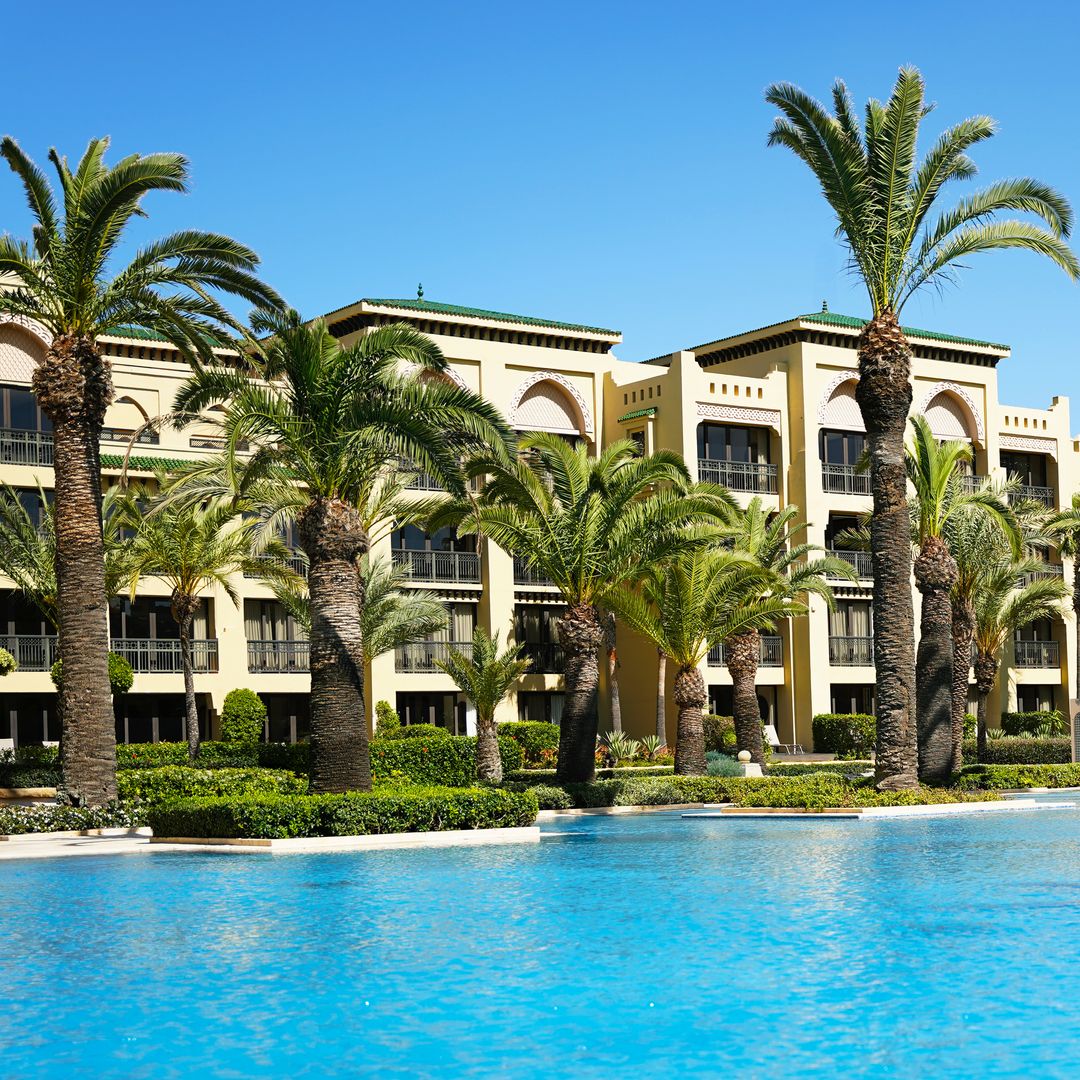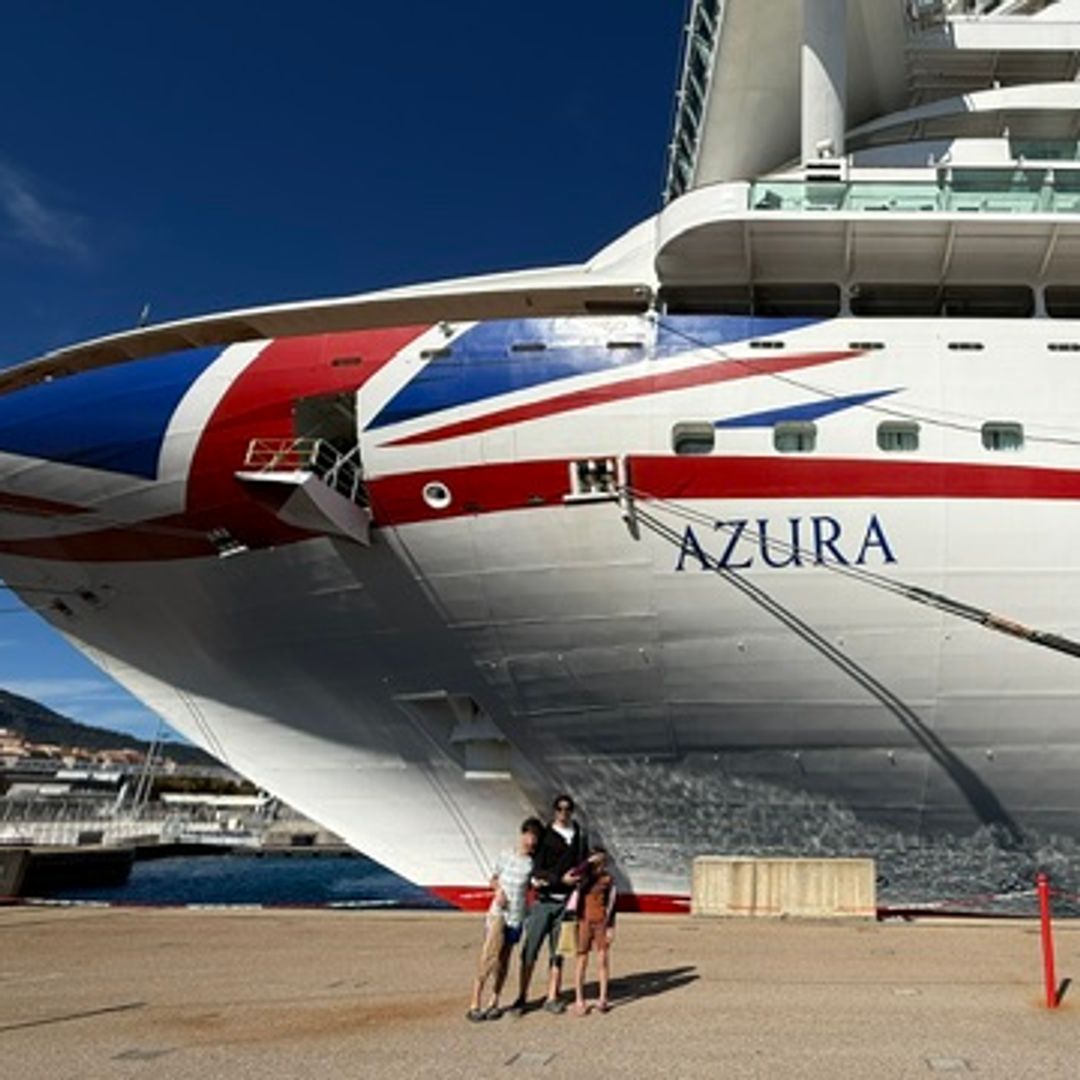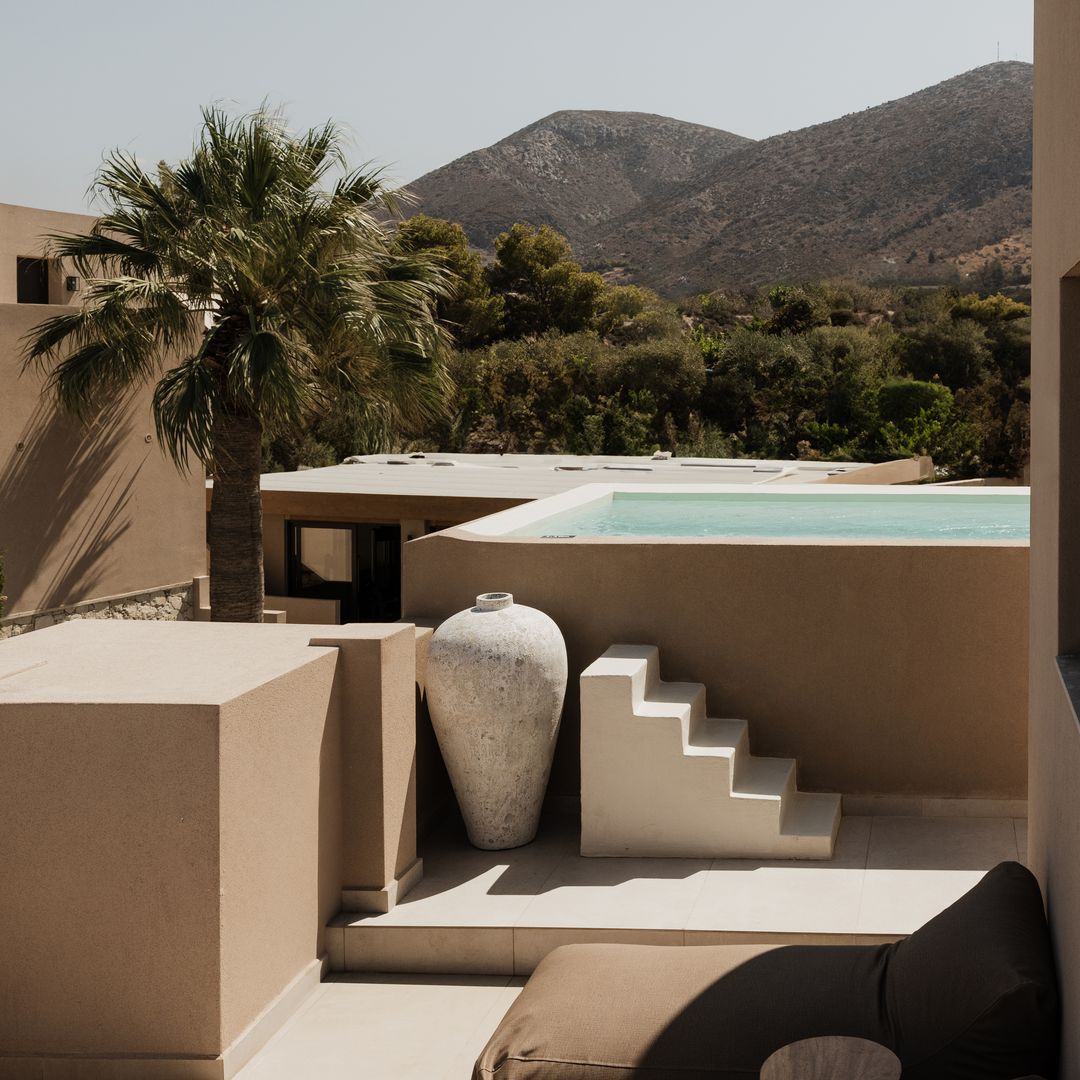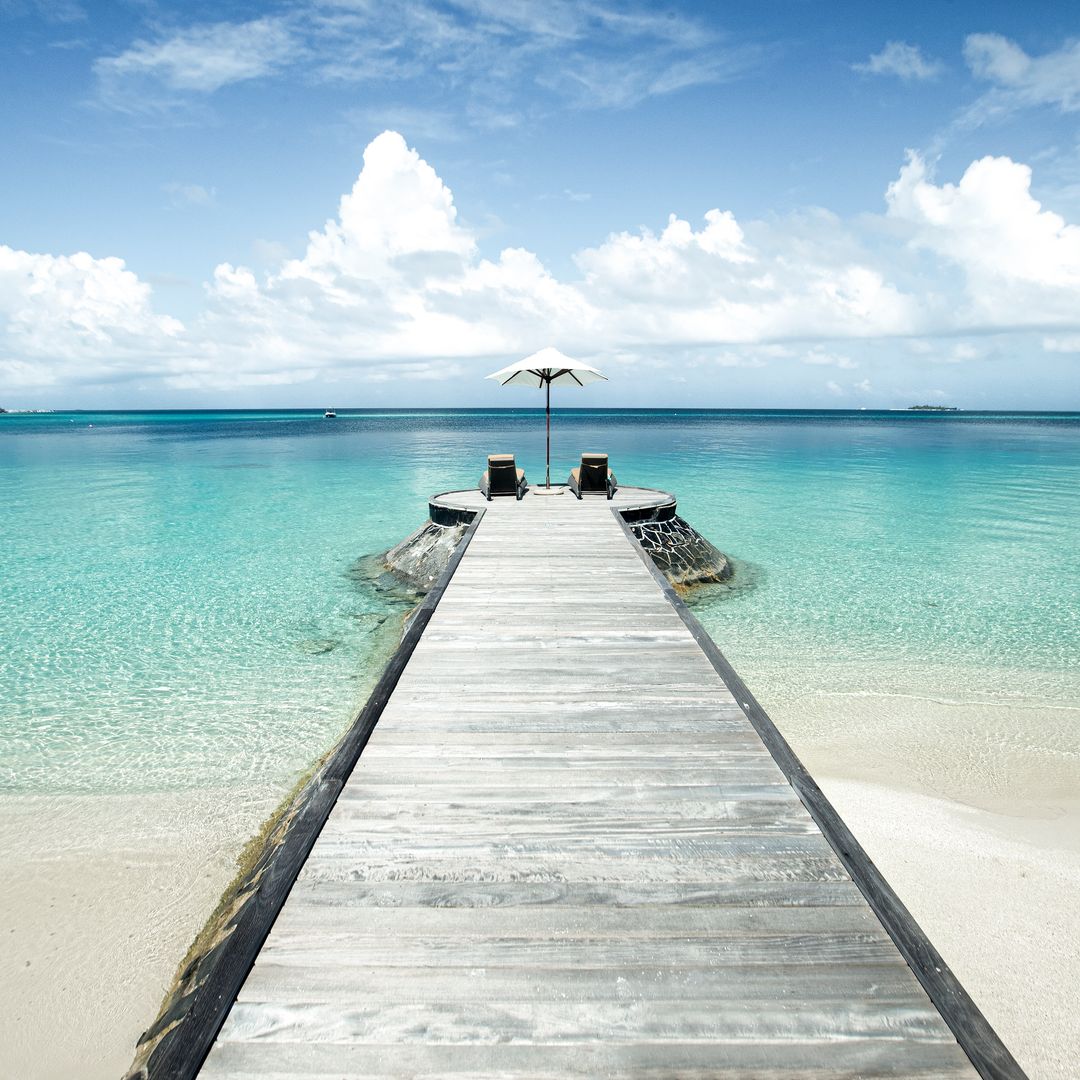San Francisco is unusual. Unlike other American cities, it's not vast, chaotic and noisy, and the residents seem genuinely pleased to welcome visitors with a smile. Rocketed from being just one more small town to being the largest city on the West Coast at the time of the 1849 Gold Rush, it's now the fourth most populated city in California, and just hearing its name triggers all sorts of connotations and images in the minds of people all over the world.
For the visitor, the big problem with San Francisco is not what to see in the city, but what to miss out in a place so loaded with history and ringed with an almost legendary reputation for liberal activism and cultural experimentation. This, of course, is the place associated across the planet with the Beat writers, the summer of love, hippies, flower power and gay rights. Home to one the largest gay communities in the States, San Francisco maintains its emblematic status as capital of the counterculture.
The names of its most famous monuments are familiar even to those who have never visited: Golden Gate Bridge, Fisherman's Wharf, Alcatraz, and Lombard Street, perhaps the world's most crooked street, familiar to film buffs for its appearance in numerous car chase scenes, from Bullitt, to Magnum Force to What's Up Doc? The city's Chinese population is the largest and most influential outside of China and another, and even older, city film location is Chinatown, of course, which featured in The Maltese Falcon in 1941 and countless more modern films.
Two trips out of the city to the surrounding area are essential: Sausalito and Napa Valley. The first is a small town of under ten thousand inhabitants, with traditional colonial houses set along quiet streets, and a large number of houseboats. Despite its proximity to San Francisco – just a couple of miles away as the crow flies – until the Golden Gate Bridge was opened in 1937, road vehicles had to skirt the whole of the Bay to reach the town, and Sausolito was effectively only accessible by boat; this resulted in a quite separate and independent community. Now, though, Sausolito is easily reached by car or bike across the Bridge, or by ferry from San Francisco.
The name Napa Valley immediately conjures the thought of wine, and indeed, this is the land that produces the grapes for some of the finest wines in the world. A fun way to discover the area is aboard the Napa Valley Wine Train, Built in 1952, and tastefully restored with close attention to authentic detail, the train travels between the historic vineyards of Santa Elena on rails that were first laid in the nineteenth century. A journey of three hours gives time to immerse yourself in the fascinating world of wine. There's a wine-tasting car, and a kitchen car where executive chef Kelly Macdonald oversees a dedicated team of over a dozen as they prepare gourmet culinary delicacies for travellers to enjoy. Typical Californian dishes are featured in the selection, including the acclaimed local rack of lamb.
Within the city itself, a good way to get around is by cable-car, San Francisco's own mode of transport since the late nineteenth century. The oldest and best known of the three cable-car lines is the Powell-Hyde, which offers a fine experience of the city's steep streets and hills.
Theatre, opera, ballet and all manner of performing arts are well represented in the city. Galleries abound, too, as well as a world-class selection of museums, including the Museum of Modern Art, Museum of Asian Art, the Palace of the Legion of Honor and the California Academy of Sciences, home to the Morrison Planetarium and the Steinhart Aquarium.
At night, the city provides a stage setting of lights, sound and movement with bars and clubs to appeal to everyone. Many of the most famous clubs are to be found south of Market Street and Mission and offer live jazz and blues sessions and fine cocktails. San Francisco is also a top gourmet destination; thanks to its Mediterranean climate and its privileged location on the shores of the Pacific, the city has access to high-quality local produce and sea food and fine wines, and there are styles and prices to suit all tastes and pockets. Cafe de la Presse, an ultra-chic bistro strategically located between Union Square and Chinatown, is a Thirties-style restaurant popular among the artistic and literary figures of the city. With lush tropical greenery and rattan furniture, Le Colonial, near Union Square, evokes the ambience of French colonial Vietnam.
The world-famous Fairmont Hotel withstood the 1906 earthquake and fire that destroyed three-quarters of the city of San Francisco. It offers the charm and elegance of a grand hotel coupled with twenty-first century facilities for both leisure and business visitors, and is located at the only point where the all three cable-car lines meet, making it an ideal base for exploring this magical city where reality constantly exceeds expectations.
